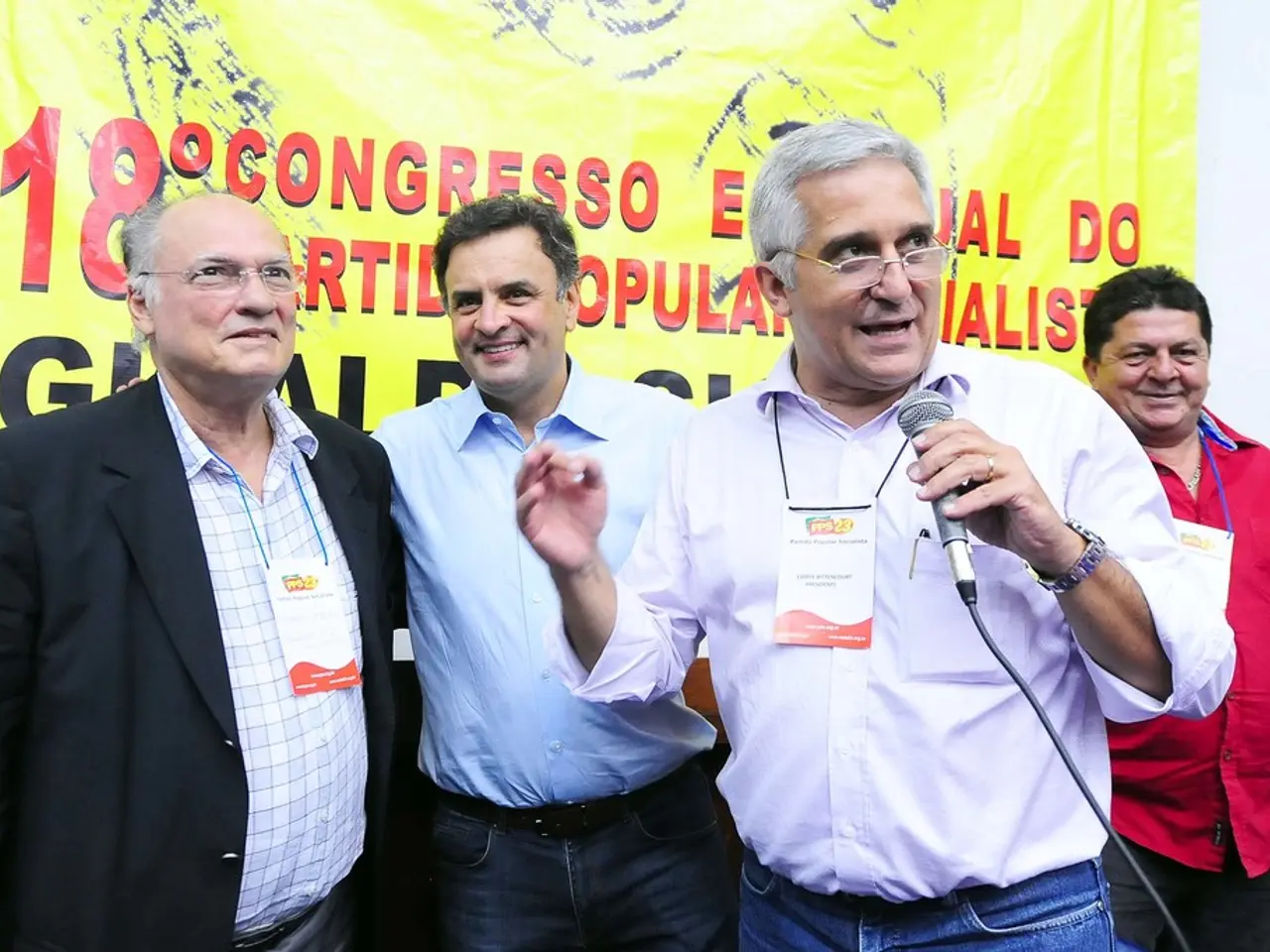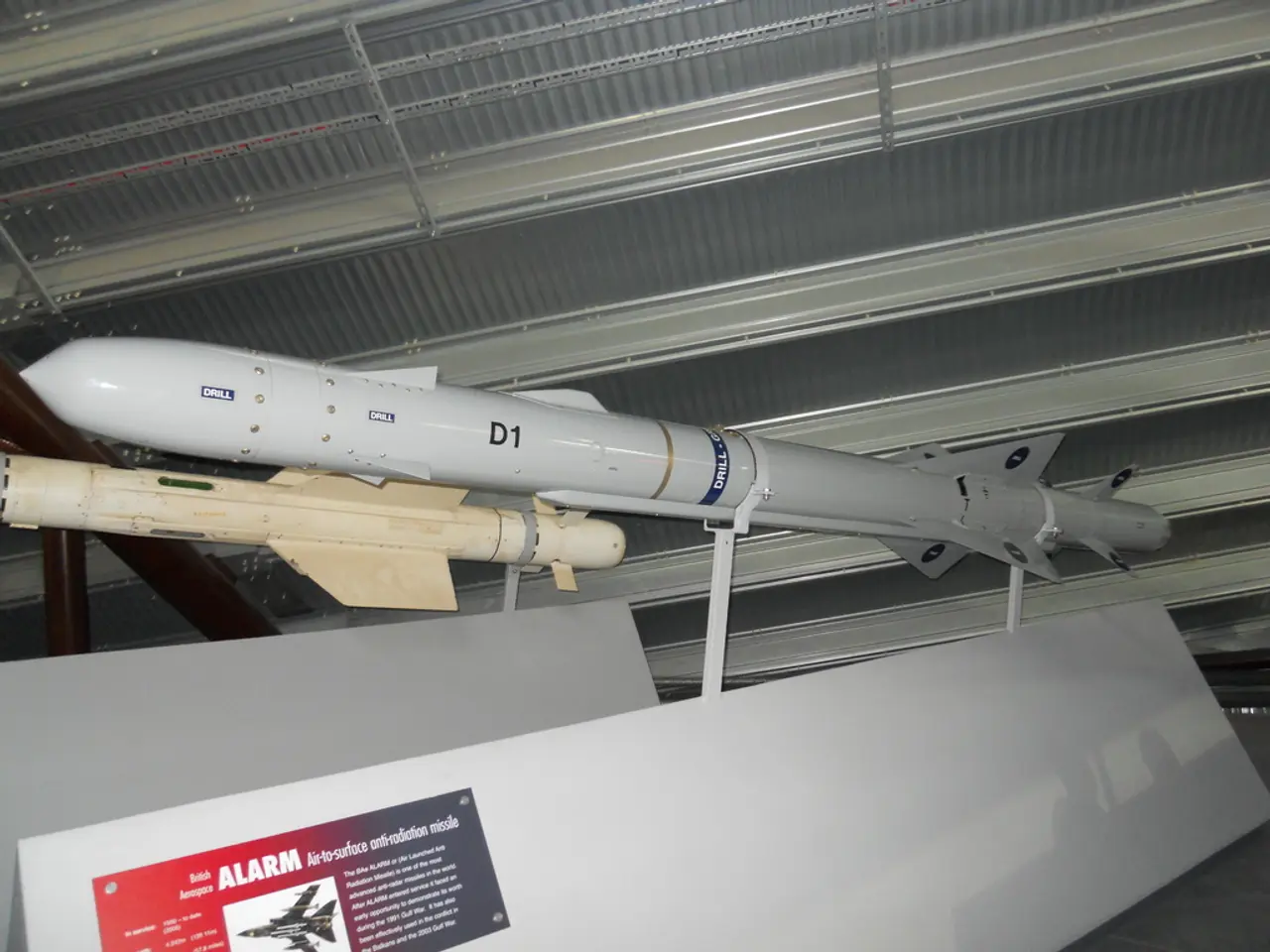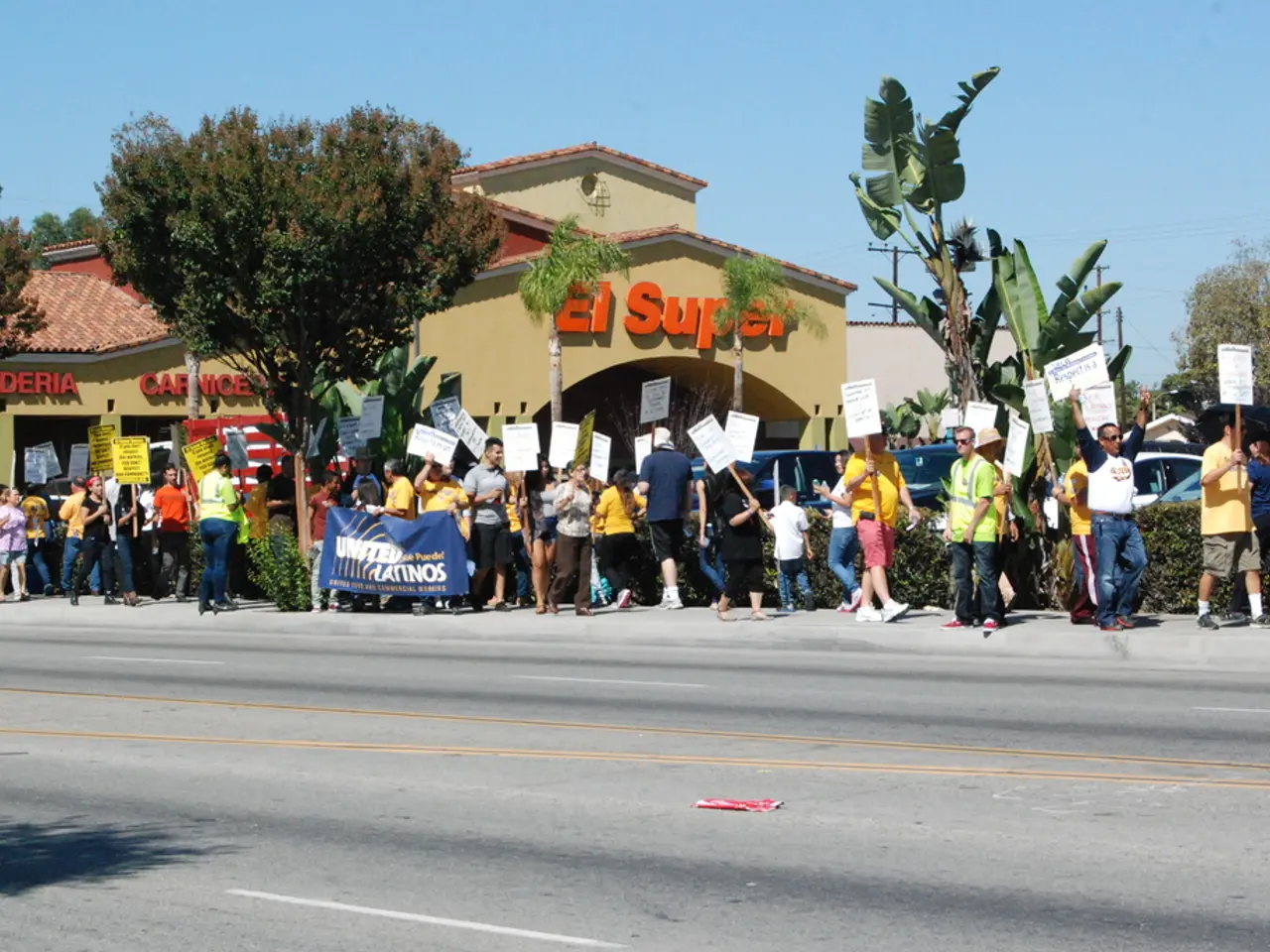German Martinez defied justice by visiting Cristina and recalled the photo of the libertarians with Astiz, reiterating his controversial bond.
In a bold move, Germán Martínez, the head honcho of the Union for the Homeland (UP) bloc in the Chamber of Deputies, took Argentina's justice system head-on this Thursday, challenges in the air over the visitation restrictions imposed on former President Cristina Kirchner, now serving house arrest following her conviction for corruption in the Vialidad case. Martínez warned the Peronist Party legislators have no intention of abiding by these shackles, invoking their parliamentary immunity and the unalienable power of representation granted by the National Constitution.
His fiery statements poured in just 24 hours after both members of the UP bloc in the Chamber of Deputies and those in the Senate signed a joint statement to that effect and made a bold, formal presentation before the Federal Oral Tribunal (TOF) N° 2. In their pointed argument, they asserted that they can pay a visit to the former president without prior notice or judicial authorization.
The UP legislators slammed down their constitutional duty to represent the people and strive to carry this out through the political party recognized by the National Constitution. The Constitution, in turn, grants these legislators prerogatives and parliamentary immunities that protect them from restricted or hostile actions from other powers. Martínez expressed his conviction that the strict visitation regime imposed by TOF N°2, which stipulates that family members, lawyers, and doctors of the former president can freely visit the department in Constitution without authorization, but that for the rest of the people the defense of the former president must ask for a request, is "blatantly excessive."
According to Martínez, the visitation restrictions not only harm Cristina Kirchner but also the legislators, who find their political representation opportunities artificially limited. "We have the constitutional elements," he declared heatedly on Radio Futurock. "But the Justice says: 'No, sirs, you cannot visit Cristina.' We told the Justice: 'You are another power, you have nothing to do with the immunities of national legislators. What you said, besides being absolutely discretionary against Cristina, limits our political representation power.' Therefore, we will not comply with it," he warned, keeping things feisty and straightforward.
Libertarians and Repressors: A Photo Op that Caused a Scandal
During the interview, Martínez brought up a heated discussion when he mentioned a group of libertarian deputies' visit to Ezeiza prison several years ago for a meeting with detainees accused of crimes against humanity during the last dictatorship. The meeting and resulting photo, which depicted libertarian deputies cozying up to the detainees, caused a significant public uproar.
"Did they ask any judge for permission to pay that visit? They went, without asking for any prior authorization," said Martínez, emphasizing the freedom granted to deputies under their immunities and privileges outlined in the Constitution. "If this can happen in a case of crimes against humanity, which are non-pardonable, in a regular prison, why would a judicial authorization be needed for national deputies and senators who want to visit someone under house arrest? It makes no sense," he argued, recommitting to his aforementioned stance.
The visitation regime had been one of the main points of contention between Cristina Kirchner's lawyers and the tribunal. The controversy had stirred so much that, as our website reported, the Federal Chamber of Cassation – the country's highest criminal court – had scheduled a hearing for July 7 to determine whether to maintain the current protocol or expand it, as the former president requested.
Thus, the question of parliamentary immunity, its limits, and its application in the context of Argentina, looms large, especially in the face of the ongoing legal challenges and the controversy surrounding Cristina Kirchner's visitation rights. Parliamentary immunity serves as a significant legal shield but is currently under much scrutiny due to various judicial rulings, particularly for those under house arrest on corruption charges like Kirchner.
- German Martinez, the UP bloc leader, compared the visitation restrictions imposed on Cristina Kirchner to the libertarian deputies' unauthorized visit to Ezeiza prison, questioning the need for prior authorization for national deputies and senators visiting individuals under house arrest.
- Arguing for the UP bloc, Martinez asserted that the strict visitation regime for Cristina Kirchner, which contrasts with the freedom granted to deputies under their immunities and privileges outlined in the Constitution, is an excessive limitation on their political representation power.






